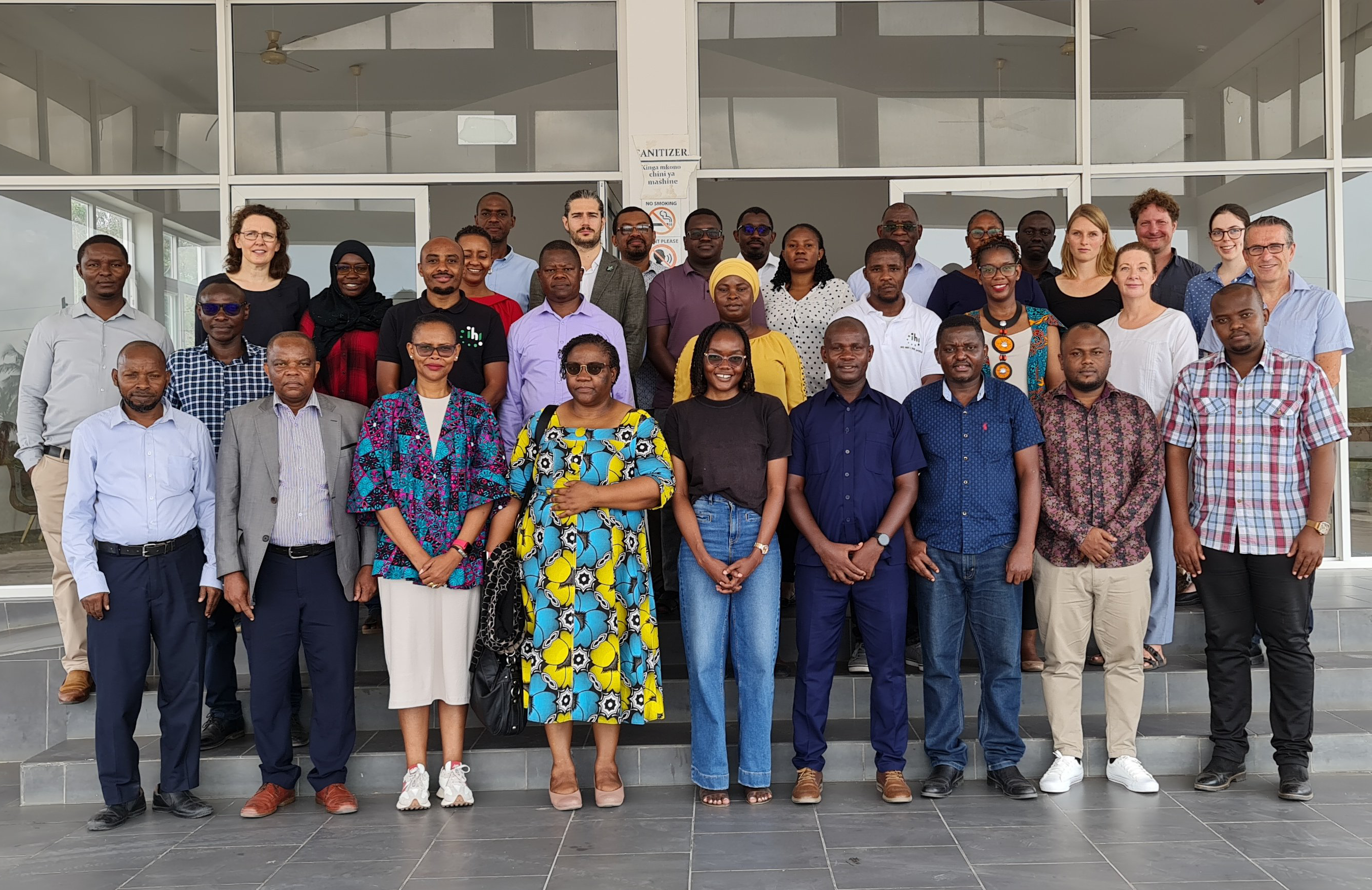
ENGAGEMENT: Stakeholders discuss gaps in monitoring treated bed-nets

Today, Ifakara Health Institute and partners gathered in Bagamoyo to discuss the current gaps in the procurement and monitoring of treated bed-nets in Tanzania. Ifakara’s Botnar Research Centre for Child Health (BRCCH) funded project “Visual Analysis of Long Lasting Insecticidal Nets to Maximise Universal Access” (ViALLIN) organized the meeting.
Attendees included representatives from the host – Ifakara, the Swiss Tropical and Public Health Institute (Swiss TPH), University of Basel, World Health Organisation –Tanzania, Tanzania Vector Control Activity, Global Fund, and the Ministry of Health (MOH).
The full-day stakeholder meeting facilitated by the Ifakara’s Vector Control Product Testing Unit (VCPTU), aimed to confront the pressing issue of premature wear of long-lasting treated bed-nets and its impact on malaria control and to gather inputs for necessary adjustments and establish a framework for data accessibility to enhance decision-making in the critical fight against malaria.
The ViALLIN project centers on the problem of mosquito nets wearing out too soon, leaving more than half of the population in malaria-prone areas vulnerable to the disease, the app allows researchers to take pictures of these nets and assess their durability by measuring hole sizes. This analysis is combined with household and user information.
Bed-nets wearing out too soon!
The stakeholder meeting, which was facilitated by the Vector Control Product Testing Unit (VCPTU), aimed to confront the pressing issue of premature wear of long-lasting insecticidal nets (LLINs) and its impact on malaria control and to gather input for necessary adjustments and establish a framework for data accessibility to enhance decision-making in the critical fight against malaria.
The meeting featured Sijanunu Aaron, Health Systems specialist at MOH, who vividly depicted the malaria landscape in Tanzania within the context of the National Malaria Strategic Plan (NMSP) for 2021-2025, while Dr. Charles Mwalimu, Head of the Vector Control Unit at the National Malaria Control Program (NMCP) in the Ministry of Health, Tanzania delved into the complexities of malaria vector control under the NMCP framework.
Dr. Sarah Moore, a research scientist at Ifakara emphasized the critical importance of monitoring ITN durability, framing the necessity for groundbreaking solutions like ViALLIN. Emmanuel Mbuba presented a comprehensive overview of the ViALLIN Project, highlighting its potential to revolutionize ITN procurement and monitoring in Tanzania.
“AI” to create tools for image analysis
Presentations by Dr. Philippe Cattin and Dr. Julia Wolleb, both from the Department of Biomedical Engineering at the University of Basel, focused on the utilization of Artificial Intelligence in the creation of tools for image analysis.
Dr. Cattin emphasized the importance of collaboration, stating, "We are deeply committed to ensuring that our technologies and developments have an immediate impact on patients. This is why I'm extremely excited about being here, we need to team up. It's not feasible for us in Basel to independently develop something applicable in the field. I believe that continuous collaboration between equals is essential, enabling us to create technology with practical applications.”
Open discussions
The afternoon was dedicated to open discussions moderated by Ifakara Research Scientist Dr. Zawadi Mageni Mboma, Noela Kisoka, and Fadhila Kihwele, focusing on how ViALLIN's data could shape effective decisions in malaria control.
